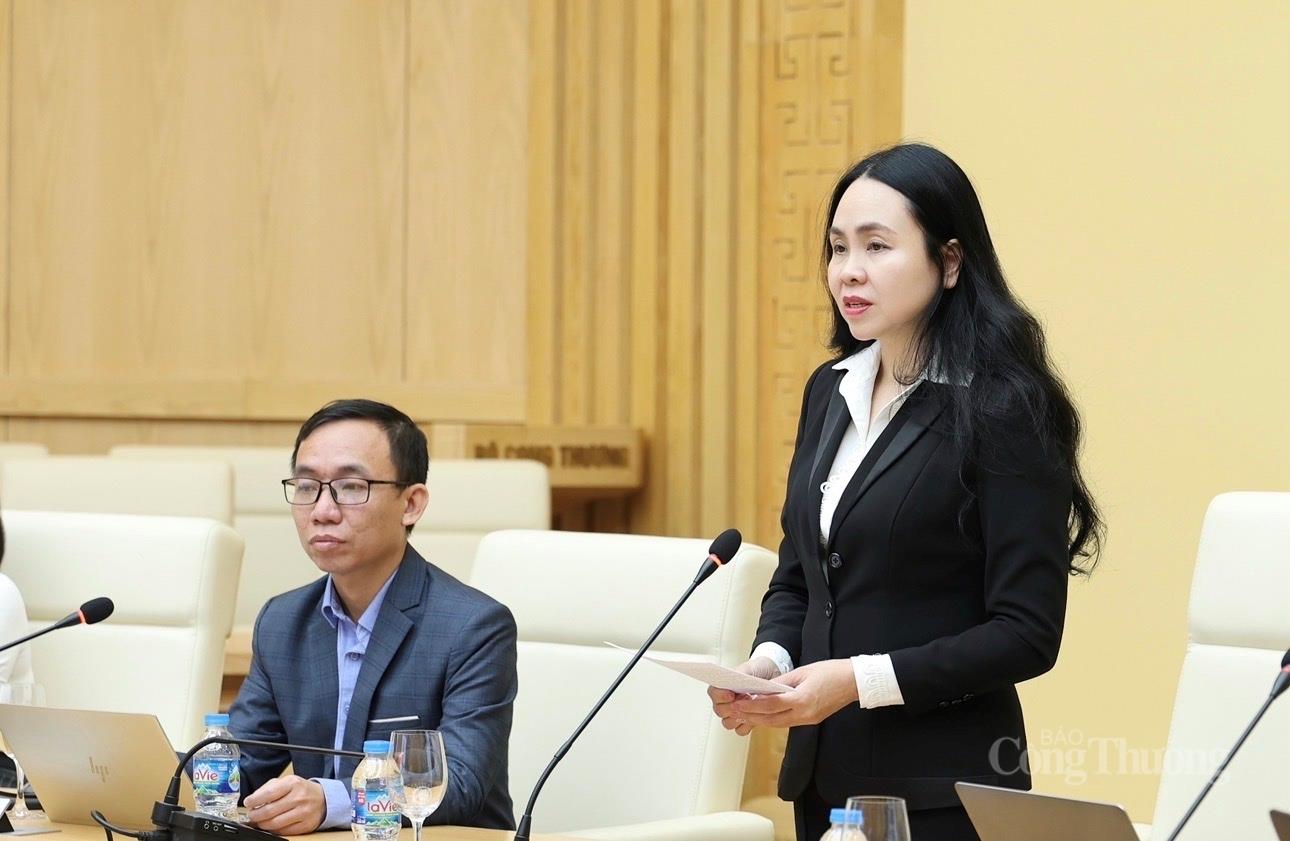
MoIT trains nationwide rollout of centralized public service system
19:05 | 23/03/2025 17:49 | 18/12/2025News and Events
HANOI, Sept 3 - The 2025 training program for officials of the Ministry of Industry and Trade (MOIT) emphasizes asset and income declaration and control as a central requirement for preventing corruption.
Enhancing capacity through intensive training
Recently, the Department of Organization and Personnel, in coordination with the Institute for Strategy and Policy Research of Industry and Trade, organized a training conference on personnel work in 2025. This event was not only an opportunity to update knowledge and skills for those working in personnel organization within the sector but also demonstrated the MOIT’s determination to build a professional and integrity-driven contingent of officials, meeting the requirements of state management reform and international integration.
At the conference, one of the key topics discussed was the strict implementation of regulations on asset and income declaration and control under the Government Decree No.130/2020/ND-CP. This is considered a crucial solution to enhance transparency, prevent corruption, and strengthen society’s trust in the state apparatus. It also sets mandatory requirements for the MOIT’s officials and civil servants, thereby ensuring a clean and effective working environment.
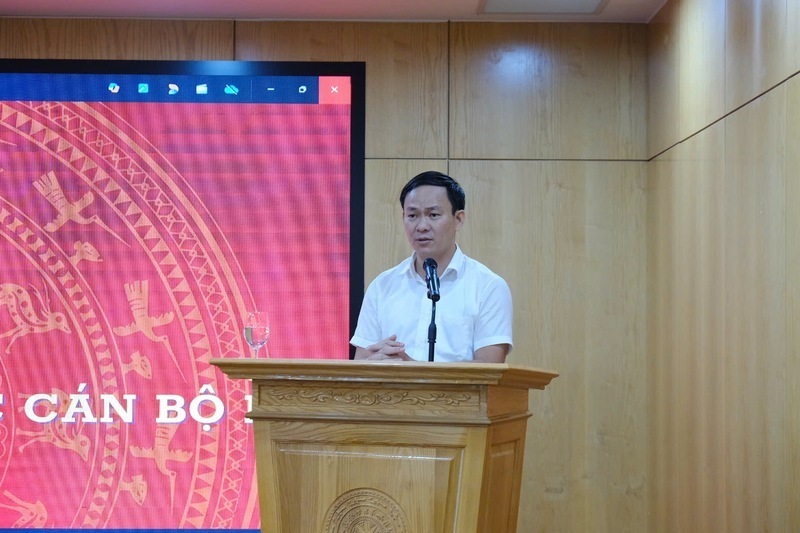
Mr. Tran Van Long, Deputy Director of Legal Department - Government Inspectorate.
Reporting at the conference, Tran Van Long, Deputy Director of the Legal Department - Government Inspectorate, presented contents related to asset and income declaration, stressing that strict compliance is not only a legal responsibility but also a measure of public service ethics and a basis for preventing risks in state management.
In the current context where training is increasingly associated with integrity and responsibility, Decree No.130/2020/ND-CP plays an important guiding role. The decree details the implementation of the 2018 Anti-Corruption Law, specifying procedures for requesting asset and income information, declaration forms, annual declaration obligations, and public disclosure at agencies and organizations.
Subjects covered by the decree are clearly defined, including asset and income control agencies, individuals obliged to declare, and related organizations and individuals. The principles of control stress transparency, objectivity, fairness, and prohibit misuse of related information and data. This legal framework is crucial for training and developing officials, ensuring each member of the state apparatus places transparency as a top priority.
The training conference was therefore not just a routine activity but a practical step to disseminate, thoroughly grasp and put legal regulations into practice. Through this, the MOIT demonstrated its emphasis on linking official training with discipline and integrity, aiming at a clean, effective administration that serves the people.
Focus on training and implementation
An important highlight discussed at the conference was the preparation and implementation of annual asset and income verification plans under Decree No.130/2020/ND-CP. This is not only an administrative management measure but also a tool to enhance accountability and professional ethics among the MOIT officials.
According to the decree, verification plans are based on the corruption situation, directions from competent authorities, and guidance from the Government Inspectorate. Ministers or heads of ministerial-level agencies instruct inspection bodies where unavailable, personnel units to prepare annual verification plans, identifying objectives, numbers of units and individuals to be verified, and methods of implementation.
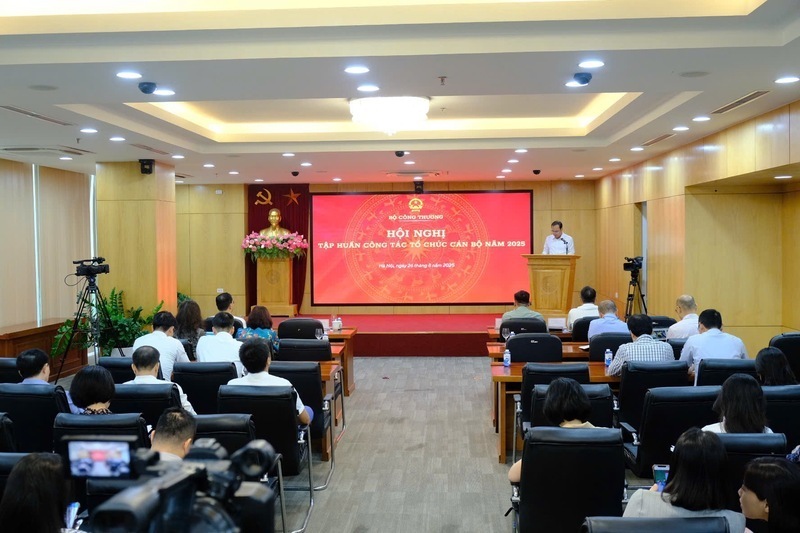
The Ministry of Industry and Trade regularly organizes training sessions to improve the qualifications of its staff.
By January 31 each year, heads of asset and income control agencies must approve and issue verification plans. The decree requires verification of at least 20% of units within scope, and at least 10% for special ministries such as Public Security, National Defense, Foreign Affairs, and Finance. This demonstrates strictness and determination in anti-corruption work.
The decree also stipulates random selection of individuals for verification within 10 days from the issuance of the plan, conducted openly by drawing lots or computer software, under the supervision of Party Inspection Commission and the Fatherland Front. At least 10% of declarants must be selected, including at least one head or deputy head of a unit.
Specific criteria are also set for selection: individuals subject to annual declaration, not verified in the past four years, and not in special circumstances such as being under investigation, suffering from serious illness, or on long-term overseas assignments. These provisions ensure transparency, objectivity, and prevent formalism or favoritism.
Including this content in training shows the MOIT’s focus on linking official training with integrity and transparency. Disseminating the regulations helps officials and civil servants understand their responsibilities and obligations, thereby forming compliance awareness in daily work. At the same time, it strengthens public and business confidence in state management when asset and income control is carried out openly, transparently and lawfully.
Training officials of the MOIT today not only equips them with professional knowledge and management skills but also fosters public service ethics and social responsibility. The 2025 training conference is clear evidence of this orientation: an administration tied to discipline, transparency, and anti-corruption, laying the foundation for sustainable development of the Industry and Trade sector in the future.

19:05 | 23/03/2025 17:49 | 18/12/2025News and Events
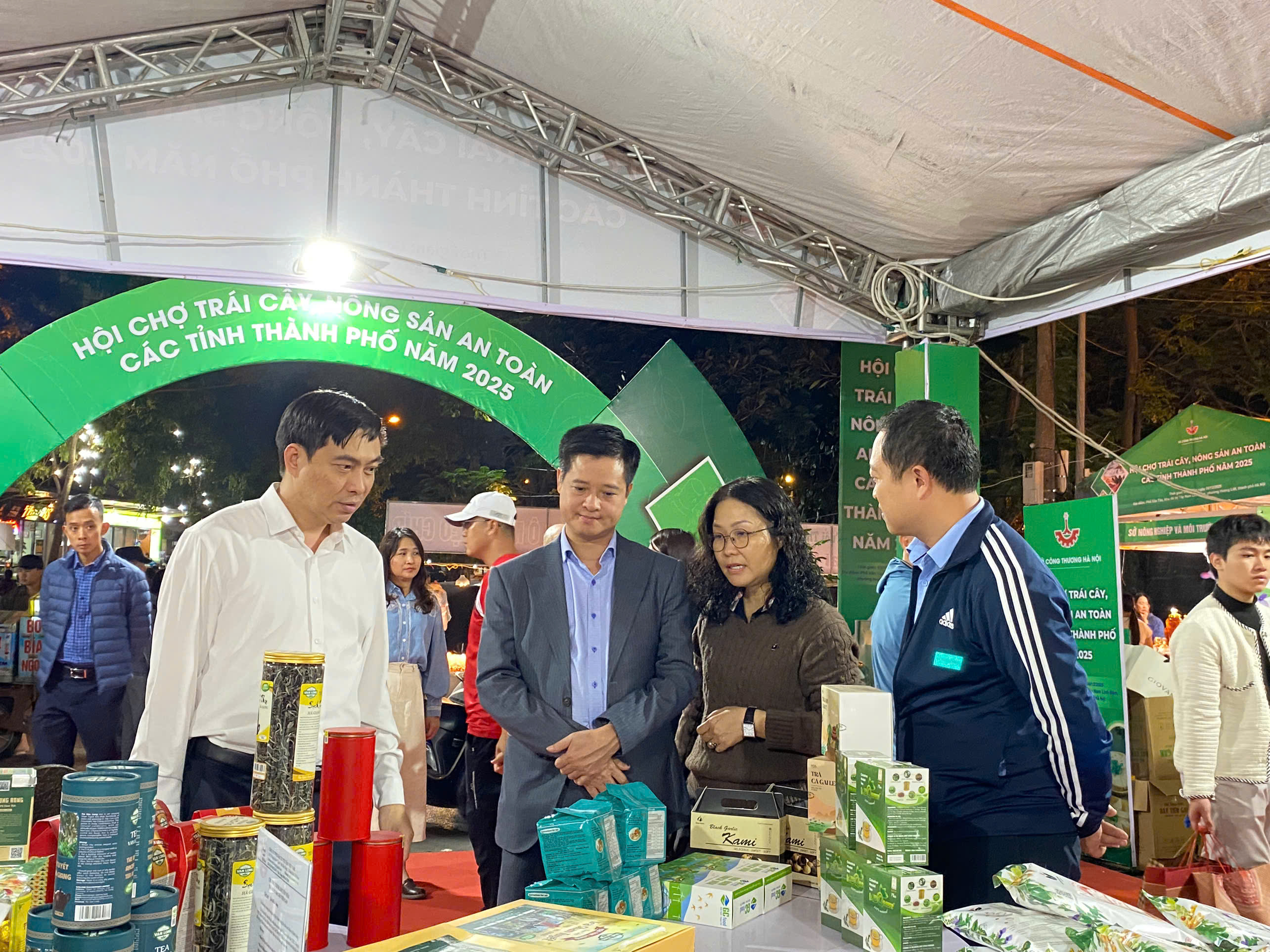
19:05 | 23/03/2025 17:46 | 18/12/2025Trade
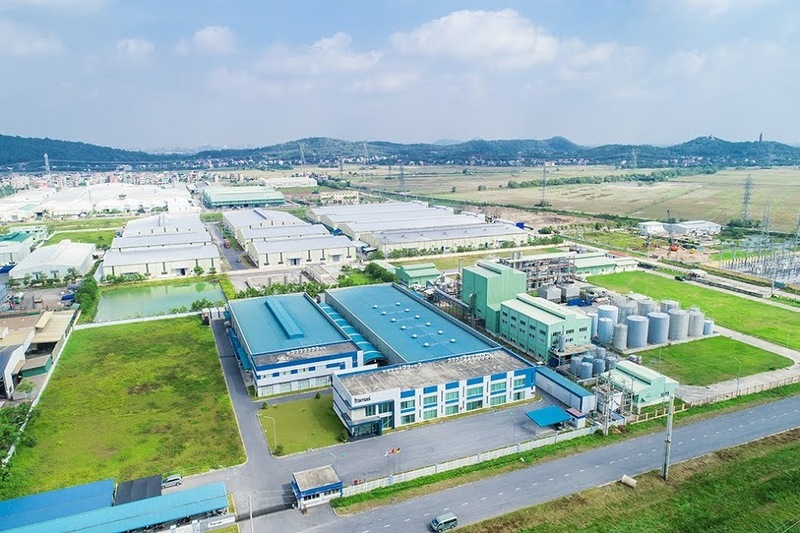
19:05 | 23/03/2025 00:05 | 18/12/2025News and Events
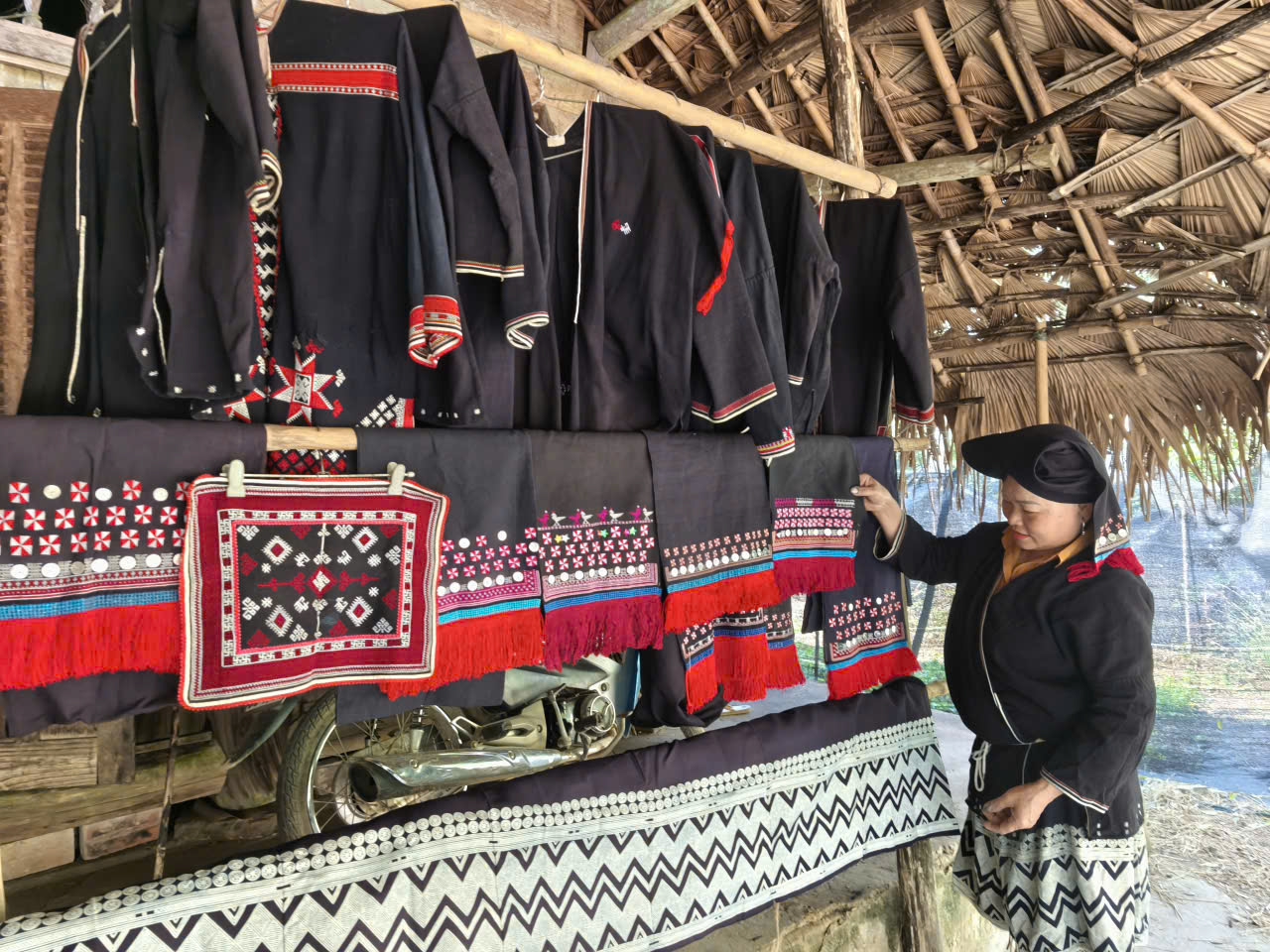
19:05 | 23/03/2025 00:03 | 18/12/2025Tourism

19:05 | 23/03/2025 21:58 | 17/12/2025Industry